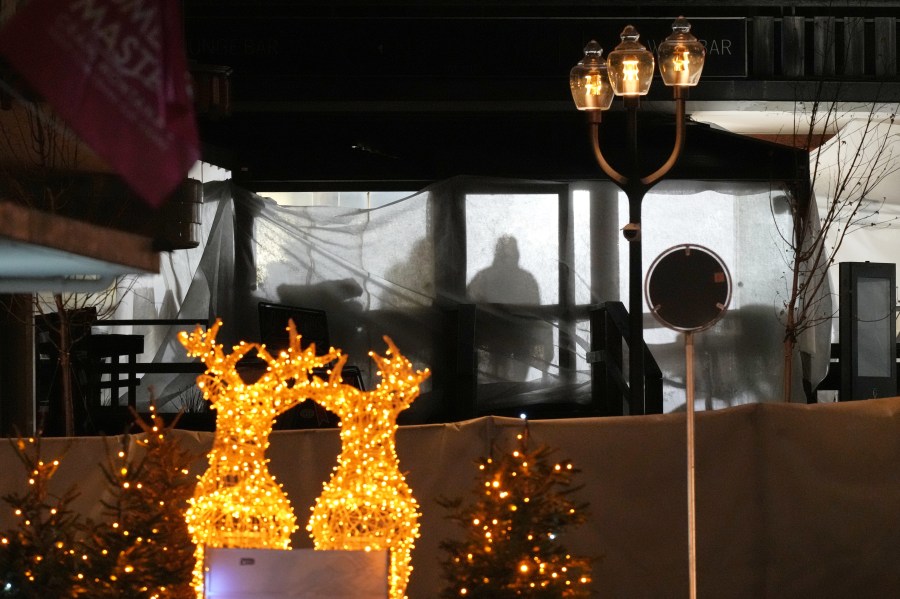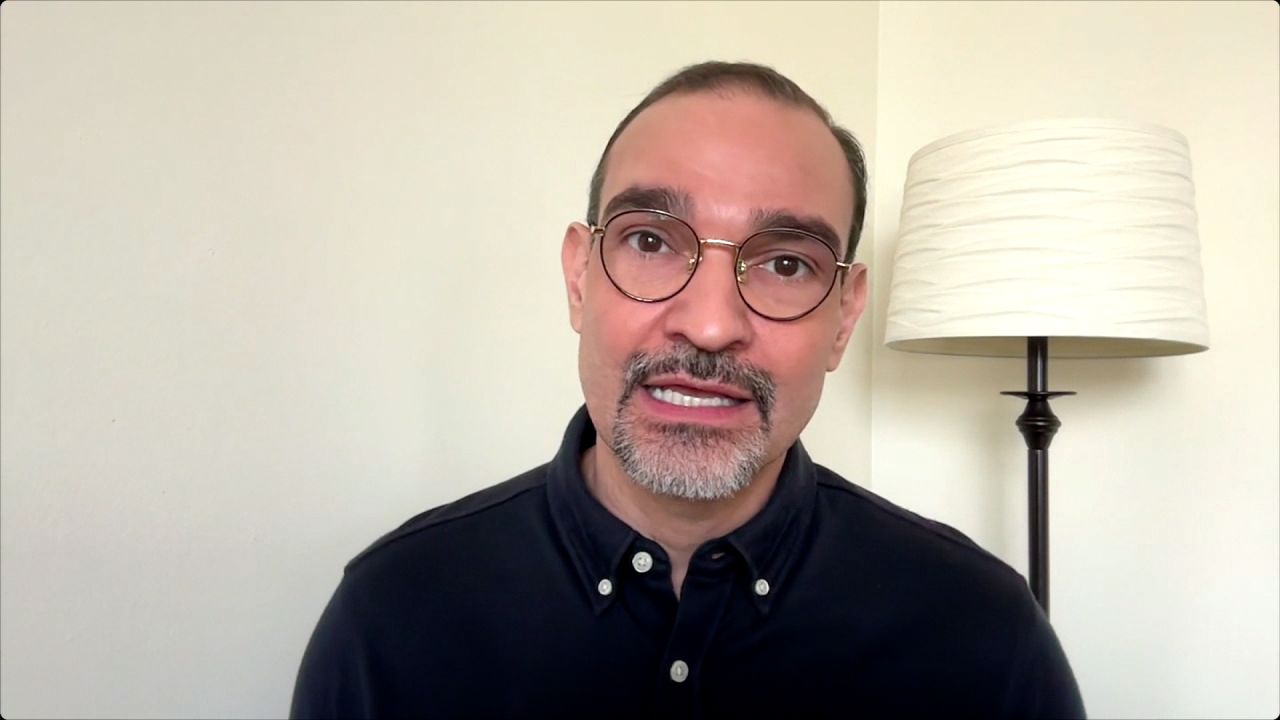Nicolas Sarkozy, the former President of France, awaits a critical ruling from the Court of Cassation on Wednesday regarding his conviction for illegal campaign financing during his unsuccessful 2012 reelection bid. This decision could significantly impact Sarkozy’s legacy, as the court will determine whether to uphold or overturn his sentence of one year in prison, with half of that time suspended.
The ruling comes shortly after Sarkozy’s release from La Santé prison, where he spent 20 days due to a separate conviction related to his 2007 presidential campaign. In that case, he was found guilty of orchestrating a scheme to secure secret financing from Libya, a claim he has consistently denied. The Court of Cassation’s review will not involve a reexamination of the entire case but will focus on whether legal procedures were correctly followed during the trial.
Sarkozy’s conviction stems from accusations that he exceeded the legal campaign spending limit of €22.5 million (approximately $25.5 million) by nearly double when competing against François Hollande, a socialist candidate, in 2012. If the court affirms the verdict, the ruling will become final under French law, with no further appeals permitted. The Paris appeals court has suggested that any prison time should be served at home, potentially monitored by an electronic bracelet.
Upcoming Legal Challenges
In addition to this case, Sarkozy faces another legal battle set to begin on March 16, 2024, concerning his alleged connections to Libyan financing during his 2007 campaign. A Paris court previously convicted him of criminal association related to this matter, highlighting a plot from 2005 to 2007 when he was serving as interior minister. In this incident, Sarkozy is accused of accepting funds from Libya in exchange for diplomatic favors, leading to a five-year prison term, although he was cleared on other charges, including passive corruption and concealing embezzlement.
The evidence presented revealed that two of Sarkozy’s close associates held clandestine meetings in 2005 with Abdullah al-Senoussi, an intelligence chief under the late Libyan leader Moammar Gadhafi, who was overthrown in 2011. Al-Senoussi has been linked to significant acts of terrorism, including the Lockerbie bombing in 1988.
Sarkozy’s legal troubles extend beyond these convictions. In 2023, French investigative judges filed preliminary charges against him for allegedly attempting to clear his name in the Libya financing case by pressuring a witness. This witness, Ziad Takieddine, had claimed to deliver cash from Libya to Sarkozy’s Interior Ministry, though he later recanted his statement. Prosecutors suspect Sarkozy of having benefited from corruptly influencing Takieddine.
Carla Bruni-Sarkozy, Sarkozy’s wife and former supermodel, has also faced legal scrutiny. In July 2024, she received preliminary charges connected to efforts to pressure Takieddine, resulting in her being placed under judicial supervision, which restricts her contact with individuals involved in the case aside from her husband.
Reflections from Prison
As Sarkozy navigates these legal challenges, he is preparing to release a book titled “Diary of a Prisoner” on December 10, which reflects on his experiences while incarcerated. He described his time in prison as “a nightmare,” expressing disbelief at having to endure such a situation at the age of 70. During a court hearing, he remarked, “This ordeal was imposed on me, and I lived through it. It’s hard, very hard.”
In light of his past legal issues, Sarkozy was stripped of his Legion of Honor medal, France’s highest distinction, after his conviction for attempting to bribe a magistrate for information regarding ongoing legal proceedings. The Court of Cassation upheld this conviction, resulting in a one-year prison sentence, although he was allowed to serve it under home detention due to his age.
With these ongoing cases and public scrutiny, Sarkozy’s political future and public perception will likely be influenced by the Court of Cassation’s decision on Wednesday.






